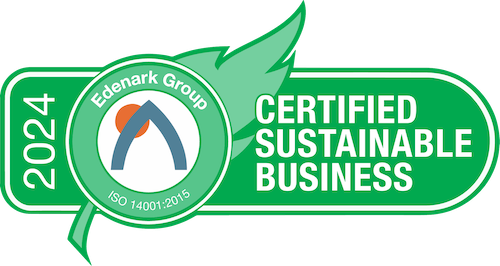ISO14001 Explained
ISO 14001 is a standard developed by the International Organization for Standardization (ISO) that focuses on environmental management systems (EMS). An environmental management system is a set of processes and practices that enable an organization to identify, monitor, manage, and improve its environmental performance.
ISO 14001 provides a framework for organizations to establish and implement an effective EMS. The standard is designed to be applicable to any type and size of organization, regardless of its sector or geographical location. It helps organizations consider environmental aspects in their business strategies and operations, with the ultimate goal of achieving sustainability and reducing their environmental impact.
Key elements of ISO 14001 include:
- Environmental Policy: Organizations are required to develop and communicate a clear environmental policy that outlines their commitment to compliance with legal and other requirements, pollution prevention, and continual improvement.
- Planning: This involves identifying environmental aspects and impacts, legal and other requirements, and setting objectives and targets for improvement.
- Implementation and Operation: Organizations need to establish the structure and responsibilities for implementing their environmental management system. This includes training, communication, and establishing procedures to control and monitor processes.
- Monitoring and Measurement: Organizations must monitor and measure key characteristics of their operations that can have a significant impact on the environment. This includes regular evaluation of compliance with applicable legal requirements.
- Evaluation of Compliance: Ensuring that the organization’s activities, products, or services comply with applicable legal requirements related to environmental aspects.
- Review of Environmental Performance: Regular reviews by top management to ensure the EMS is effective, and decisions are made for continual improvement.
- Continual Improvement: Organizations are expected to continually improve their environmental performance by addressing the root causes of problems and enhancing the effectiveness of the EMS.
Implementing ISO 14001 can benefit organizations in various ways, including improved resource efficiency, reduced waste, cost savings, and enhanced reputation with stakeholders who are increasingly concerned about sustainable and environmentally responsible business practices. It also aligns with broader global efforts to promote sustainable development and environmental stewardship. Keep in mind that standards and regulations may evolve, so it’s advisable to check for the latest information on ISO 14001 and related standards.


